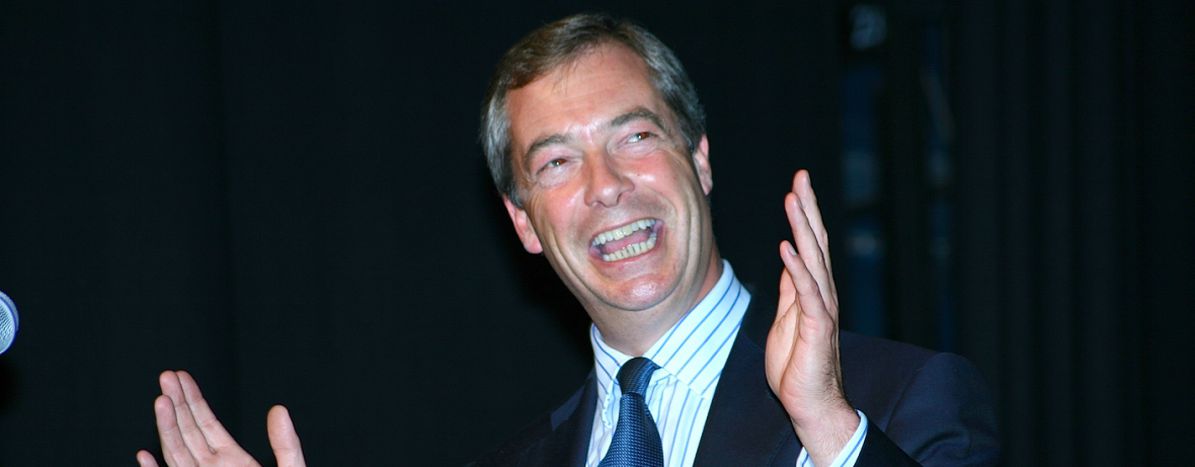
Dancing with the (political) stars
Published on
Britain's former Justice Secretary Michael Gove famously said that people are "sick of experts", and political campaigns across the world are being dominated by figures whose personalities are valued over their policies. Are we facing a crisis of democracy? [OPINION]
When following recent political campaigns such as the Brexit referendum or the American presidential election, one question springs to mind: what has happened to democracy?
Besides offering a bleak glimpse into the current world order, it seems the usually celebrated practice of democracy is at a crossroads. Instead of focusing on facts, rhetoric and real solutions, campaigns now resemble a popularity contest based on who wore what, who shook whose hand and, most importantly, who gave the most ridiculous statement. Voters are engaging in a highly choreographed dance with the political stars.
Next to the meaning of democracy being undermined by a political reality show, it seems as though there is also a veritable shift from “necessity of democracy” to the “necessity of the correct democracy”. In other words, liberally minded people fear that voters are electing the wrong political actors. Are we facing a crisis of democracy?
According to the Belgian author David Van Reybrouk, elections are bad for democracy. In his recent article for the Guardian, he claims that “in the past 10 years, around the world, there has been a considerable increase in calls for a strong leader “who does not have to bother with parliament and elections” – and that trust in governments and political parties has reached “a historical low.”
The need for a strong leader but less democracy goes a long way to explaining the appeal of Brexit campaigners like Nigel Farage or the rise of Donald Trump, but nuances of it can also be found in south-eastern Europe. Last year, Greece held a referendum in light of a new financial memorandum with the Troika. The “OXI” campaign became a synonym for overall disappointment with European so-called solidarity, finding empathy from similar groups in other European countries. Trust in the former as well as current government was exhausted, and a tougher stance towards involvement from Brussels was demanded from all sides of the political spectrum.
Mistrust of the EU is growing across Europe too; particularly in Serbia. In a recent study conducted by the Belgrade-based Institute for European Affairs, it became clear that much of the EU integration process does not reflect cohesion: 51% of young Serbs think their country should stop EU integration.
This shift in political ideology poses a conundrum to the Balkans. When watching perceived “successful” countries such as the United Kingdom scramble for the leftovers of the old liberal order, it sends a signal to new and hopeful member states that the EU is not, in fact, functioning the way it should be. How can the EU still claim to be the political non-plus ultra when their democratic process has morphed into a Keeping Up with Brussels? Elections cannot be merely elections, but an actual debate with arguments that incorporate the concerns and demands of voters across the spectrum. Sounds simple? It is. In fact, it’s a reality show without the show.



